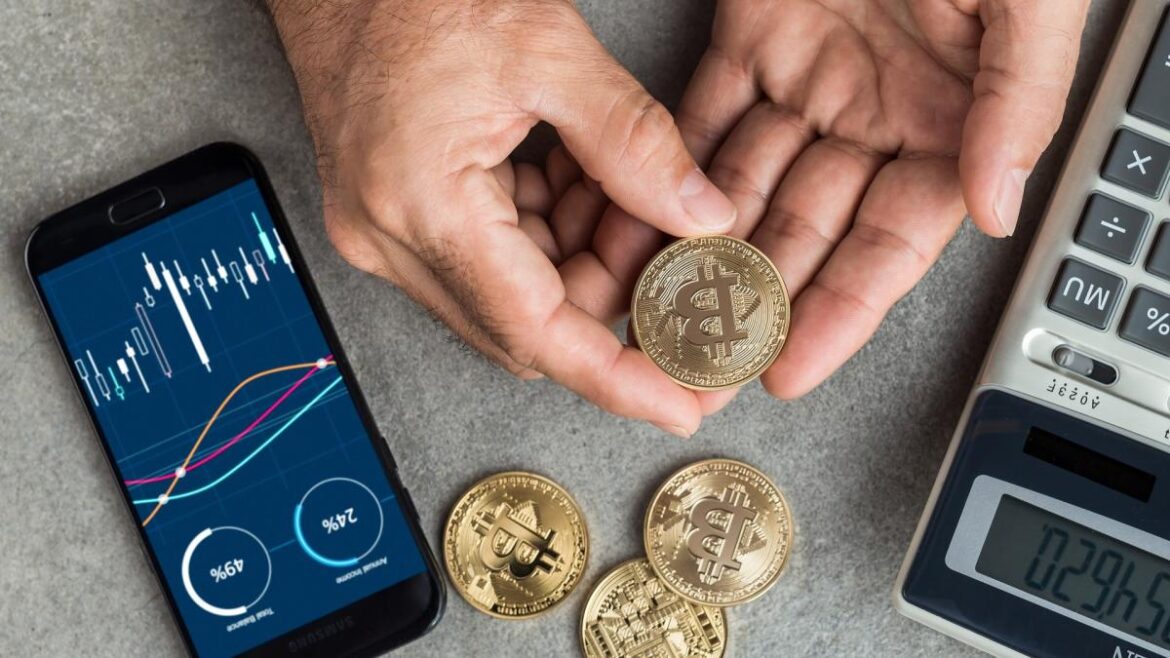n Imagine a situation where a once-speculative digital asset is quietly and firmly changing the financial environment, irrespective of central banks or Wall Street. Bitcoin is spearheading the cryptocurrency revolution. Over the past few years, significant financial figures have been buying Bitcoin at a rate that suggests market dynamics have changed. This article examines this trend’s causes, market effects, and future directions.
The shift from speculation to strategy is a key aspect of Bitcoin accumulation. Risky Bitcoin Investment: It was initially employed by casual investors and risk-takers. However, changes have occurred. Investors now prioritize “holding,” or long-term holding, over short-term profits.
Bitcoin’s potential as a hedge against inflation and a store of wealth. Institutional adoption also signifies this transformation. Tesla, Square, and MicroStrategy consider Bitcoin a strategic reserve asset. Who has disclosed huge Bitcoin holdings? Traditional financial institutions are also coming up with Bitcoin, as shown by CME Group’s announcement of future contracts for Bitcoin and the possibility of Bitcoin ETFs.
Bitcoin’s movement is transparent via on-chain measures. Bitcoin’s 2025 Risky Investment, Based on the drop in exchange-side holdings by long-term investors, accumulation appears to be occurring—Bitcoin’s high risk, supply, and massive Bitcoin addresses. Bitcoin accumulation rose after 2020, especially following.

Bitcoin’s halving, which initiated the 2021 bull market. Accumulation after price adjustments is more telling. Tenacity indicates a developing market when sellers are no longer selling points and buyers have possibilities. MicroStrategy’s roughly 130,000 BTC by late 2024 symbolized corporate Bitcoin adoption under Michael Saylor and its founding.
Bitcoin is a legal currency that other companies can replicate. In Bitcoin is considered a digital gold alternative amid global inflation, currency depreciation, and geopolitical crises. This notion drives accumulation as companies diversify into inflation-resistant assets. Real-life and recent news illustrates this tendency. Bitcoin became legal in El Salvador in 2021, a milestone. The country’s daring Bitcoin hoarding, including matching national reserves, indicated state trust.
With their 2024 Bitcoin ETF application, BlackRock, one of the world’s top asset managers, showed conventional financial support. Many think this will increase institutional accumulation. Bitcoin’s 2025 Risky Investment, The dramatic drop in Bitcoin stored on exchanges in recent months implies investors are planning for the long term by moving to cold storage or private wallets.
Summary
The increase in Bitcoin ownership by both retail and institutional buyers indicates a change in value and usage. The transition of Bitcoin from a speculative asset to an investment strategy exemplifies the widespread acceptance of cryptocurrencies in the financial sector. There is hope for a more stable regulatory framework, more stable prices as the market develops, and increased usage due to accumulation. The growing use of Bitcoin in global finance demonstrates the inevitable integration of decentralized digital currencies into monetary policy, asset preservation strategies, and financial planning.



